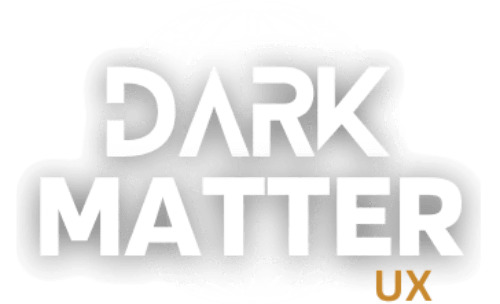Anthropic has just announced the release of Claude 3, a new family of large language models that set new benchmarks for AI capabilities across a wide range of cognitive tasks. The lineup includes three powerful models – Claude 3 Haiku, Claude 3 Sonnet, and Claude 3 Opus – each offering increasing levels of performance and intelligence.
Claude 3 Opus: Anthropic’s Most Intelligent AI Model
At the top end, Claude 3 Opus is being billed as Anthropic’s most intelligent model to date. It outperforms industry peers on many common AI benchmarks like expert reasoning, mathematics, and language understanding. Opus exhibits near-human comprehension on complex prompts and tasks, pushing the frontier of general AI capabilities.
Enhanced AI Skills: Analysis, Forecasting, Writing, Code Generation
All three Claude 3 models demonstrate enhanced skills across analysis, forecasting, nuanced writing, code generation, and multilingual abilities compared to previous versions. They lead in areas like:
Near Real-Time Performance with Claude 3 Haiku
A key focus was optimizing the Claude 3 models for lightning-fast performance on time-sensitive applications. Claude 3 Haiku is the fastest model in its intelligence category, able to process research papers with charts in just 3 seconds. Sonnet is 2x faster than Claude 2 with higher intelligence useful for tasks like knowledge retrieval.
Improved Computer Vision Capabilities for Enterprise AI
The models now have sophisticated vision skills to understand photos, diagrams, charts and other visual data formats. This unlocks new use cases for enterprise users with knowledge bases containing PDFs, presentations and other document types.
More Accurate Responses, Fewer Refusals
Anthropic has made strides in reducing the unnecessary refusals that plagued previous models when receiving prompts near their training boundaries. The Claude 3 models demonstrate nuanced understanding of requests and refuse prompts much less frequently.
Opus shows a 2x improvement in answering challenging open-ended questions correctly compared to Claude 2.1, with reduced hallucinations. Soon it will also provide citations to source materials for verified responses.
Long Context Processing and Recall
While initially offering a 200K token context window, the Claude 3 models can process over 1 million tokens. They achieve near-perfect recall on benchmarks testing ability to surface relevant information from massive datasets.
Responsible AI Design Focused on Safety
As capabilities increase, so do potential risks. Anthropic has teams dedicated to risk detection and mitigation across areas like misinformation, misuse, biases and transparency issues.
The Claude 3 models show reductions in certain kinds of biases based on benchmarks, though Anthropic remains committed to further improvements. They are assessed at AI Safety Level 2 currently, with negligible catastrophic risks based on red teaming evaluations.
Ease of Use and Integration
The models are better at following complex instructions, adhering to guidelines, and generating structured data outputs – simplifying their integration into customer-facing applications.
Performance and Cost Tiers for Different AI Needs
The three models offer tiers of performance and cost options:
- Opus: Higher intelligence than peers, ideal for automation, R&D and analysis ($15 input/$75 output per million tokens)
- Sonnet: Balanced speed and intelligence suitable for enterprise scale ($3/$15 per million)
- Haiku: Most affordable for simple, near-instant queries ($0.25/$1.25 per million)
Opus and Sonnet are available today through Anthropic’s API, claude.ai, and cloud partners like AWS and Google, with Haiku coming soon.
With frequent model updates planned, new advanced capabilities like tool use and coding assistance on the roadmap, and a relentless focus on safety, the Claude 3 family showcases Anthropic’s push to remain at the cutting edge of AI development.




